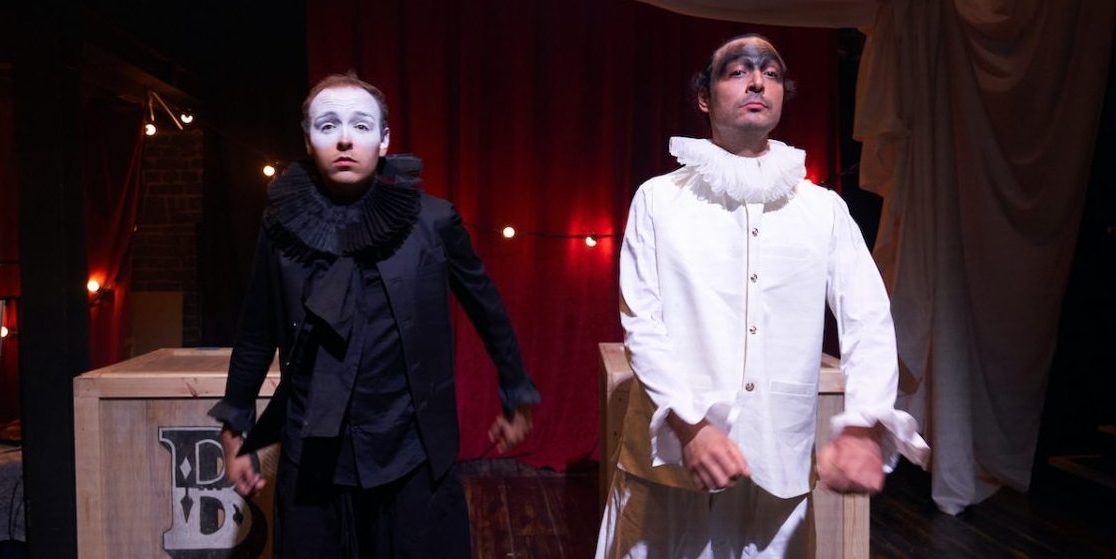Opera in Spain was influenced by the Italian tradition that dominated the rest of Europe in the period after 1800. But it managed to maintain its own traditions too alongside the foreign genres and this included zarzuella which sits somewhere between opera buffa and operetta. It flourished in times when popular resentment of foreign culture grew but it finally died out as a living tradition after the Spanish Civil War, though it still remains a popular form of entertainment in some Spanish cities. Black, El Pasayo (The Clown) written by Sorozabal in 1942 is one of the last examples of the style.
It is a puzzling work. It is partly a farcical comedy about two clowns who are mistaken for the Prince and Prime Minister of Orsonia, a mythical state by the Black Sea, it is partly a ‘princess and pauper’ love story, and it is partly an examination of the strengths and weaknesses of political leaders in times of conflict. Given that it was first performed in Barcelona three years after Franco’s victory, its messages are necessarily blurred. But it is full of lovely music and in this production, the strength of the performances carries us along with the strange story.
Black and White are clowns performing in a circus in Paris. Sofia exiled Princess of Orsonia, mistakes Black for the missing Prince Daniel after hearing a melody he plays. He loves the princess and, torn between his reluctance to exploit her mistake and his feelings for Sofia, he ends up back in Orsonia as ruler, with White as his first minister. The clowns return the country to prosperity. Then the real Prince Daniel turns up though he refuses to take up his rightful place as head of state. Black confesses his true identity to Sophie who rejects him but a new insurrection threatens and the clowns rally to defend Sophie and pacify the mob.
Michael Lafferty is a convincing Black. Torn between the ease with which he can obscure his identity in his clown’s make-up and his passion for Sofia, he lurches from crisis to crisis. Giuseppe Pellingra, as White, always has his eyes on the main chance and is free from the moral qualms that plague Black. Both singers have fine voices and play the ‘ill-matched buddies’ game well. Raphaella Papadakis as the self-deceiving princess Sofia has a ringing soprano that sometimes seems too big for the small Arcola space but there is a touching melancholy that she finds in the role despite the humour. Juliet Wallace is a feisty and funny Catalina though it is difficult to imagine that she and Sofia are sisters. David Powton is excellent in the dual roles of Marat and Dupont. The idea of having a capricious child as the narrator was fascinating but the layout of the performing space at the Arcola made to difficult to appreciate the full impact of his games with the puppet theatre. Ricardo Gosalbo directed the music from his keyboard and I must give a special mention to the superb violinist Elena Jauregui.
This is exactly the sort of work that Grimeborn exists to bring us. It is well worth a hearing when it visits the Cervantes Theatre in London in September. I hope we hear more zarzuela in future seasons at Grimeborn.

